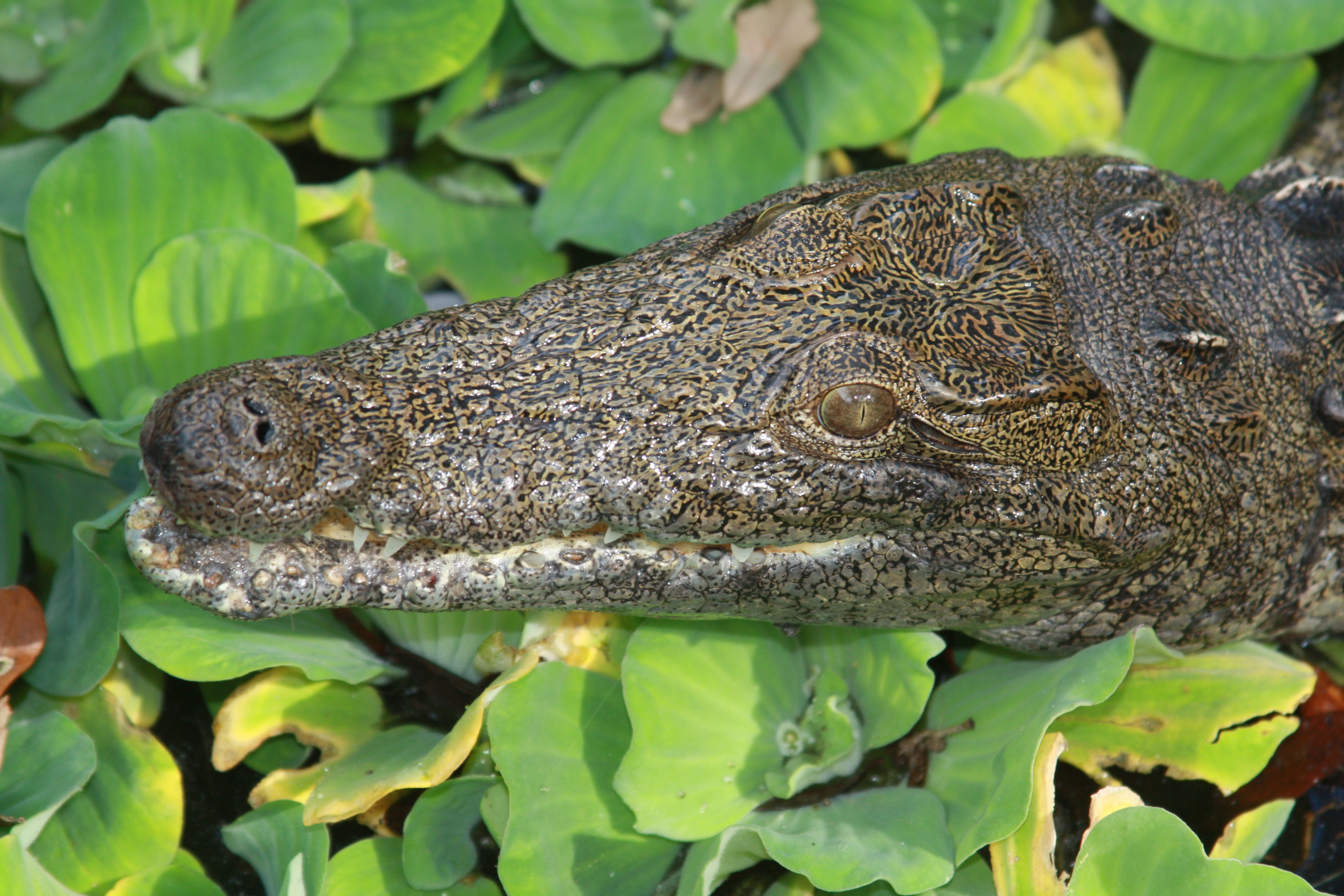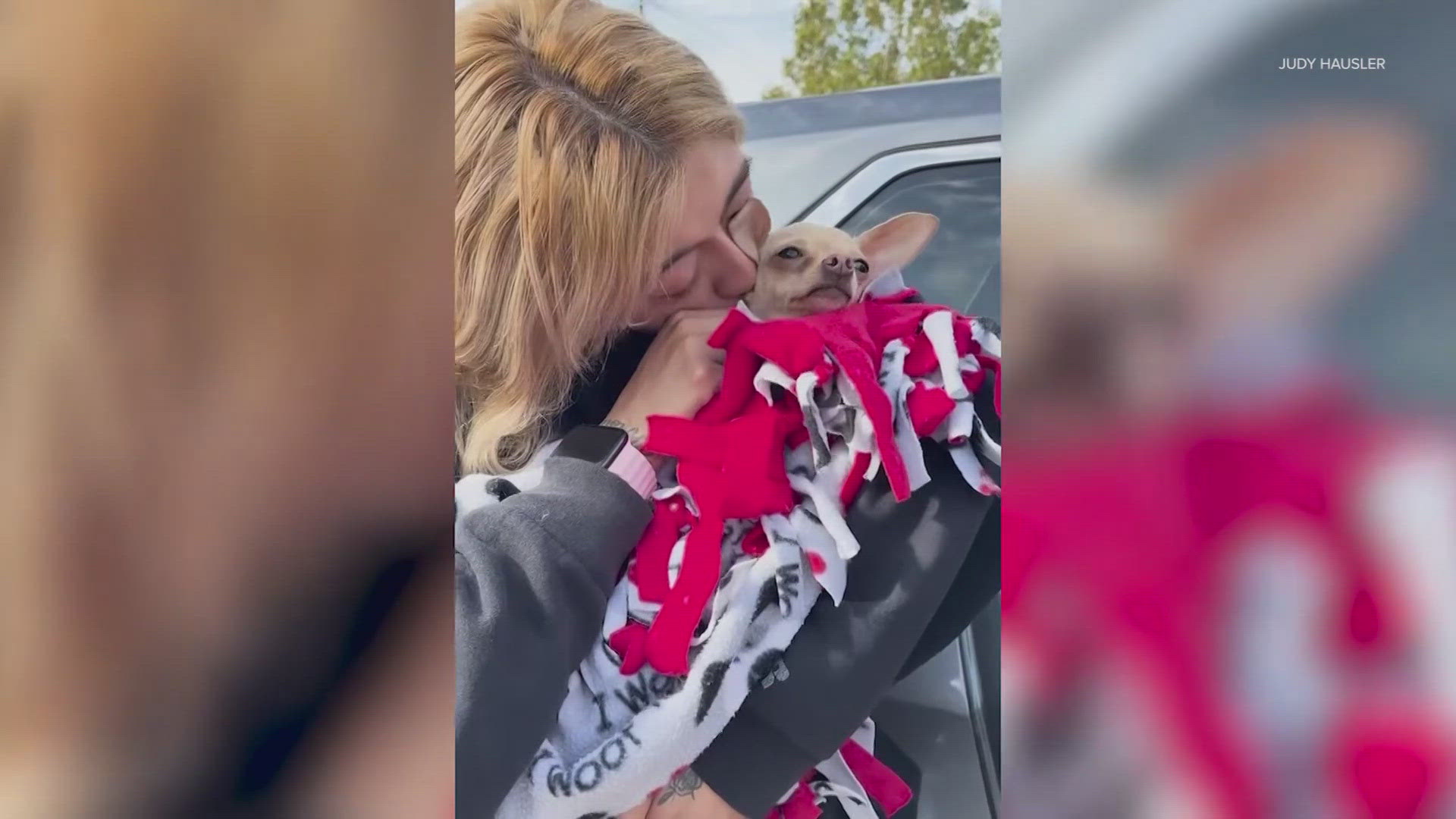There may be a new invasive species in town.
At least two Nile crocodiles have been captured in South Florida, and there could be more in the wild, researchers say.
A team of researchers used DNA analysis on four crocodiles captured between 2000 and 2014 to confirm that at least two of the crocs were most closely related to Nile crocodiles from Africa, according to a study just published in the journal Herpetological Conservation and Biology.
While Florida is no stranger to non-native amphibians and reptiles, (we’re talking about you, Burmese python), the Nile crocodile is of particular concern. Researchers estimate that the croc, an aggressive species, may be responsible for some 200 human deaths a year in Africa.
The Nile crocs also have a hearty appetite for cattle, and another concern is that there could be potential crossbreeding with the small population of American alligators, according to the study.
Researchers aren't sure how the animals came to be in Florida.
“They didn't swim from Africa," University of Florida herpetologist Kenneth Krysko told The AP. "But we really don't know how they got into the wild."
Krysko, who co-authored the study, said the DNA from the captured Nile crocodiles matched each other but did not match those kept at Disney’s Animal Kingdom or other facilities that are licensed to keep Nile crocs in Florida, AP reported.
He says it’s likely an unregistered reptile breeder brought the crocs to Florida and was either unable to contain them or may have knowingly released them in the Everglades.
While the researchers believe there are likely more Nile crocodiles lurking in the state, Allyson Gantt, a spokeswoman for Everglades National Park, where one of the Nile crocodiles was found, told AP she does not believe there are other Nile crocs roaming the park.
And while naysayers may be quick to point to the unlikelihood that Nile crocodiles will become an issue in Florida, wildlife biologist Joe Wasilewski told AP stranger things have happened.
"I have two words: Burmese python," Wasilewski told AP. "If you would have told me 15 years ago we would have an established population in the Everglades, I wouldn't have believed you."
Follow @MaryBowerman on Twitter.

![AP NILE CROCS IN THE EVERGLADES A USA FL [image : 84643624]](http://www.gannett-cdn.com/media/2016/05/20/USATODAY/USATODAY/635993277109658632-AP-Nile-Crocs-in-the-Everglades.jpg)

